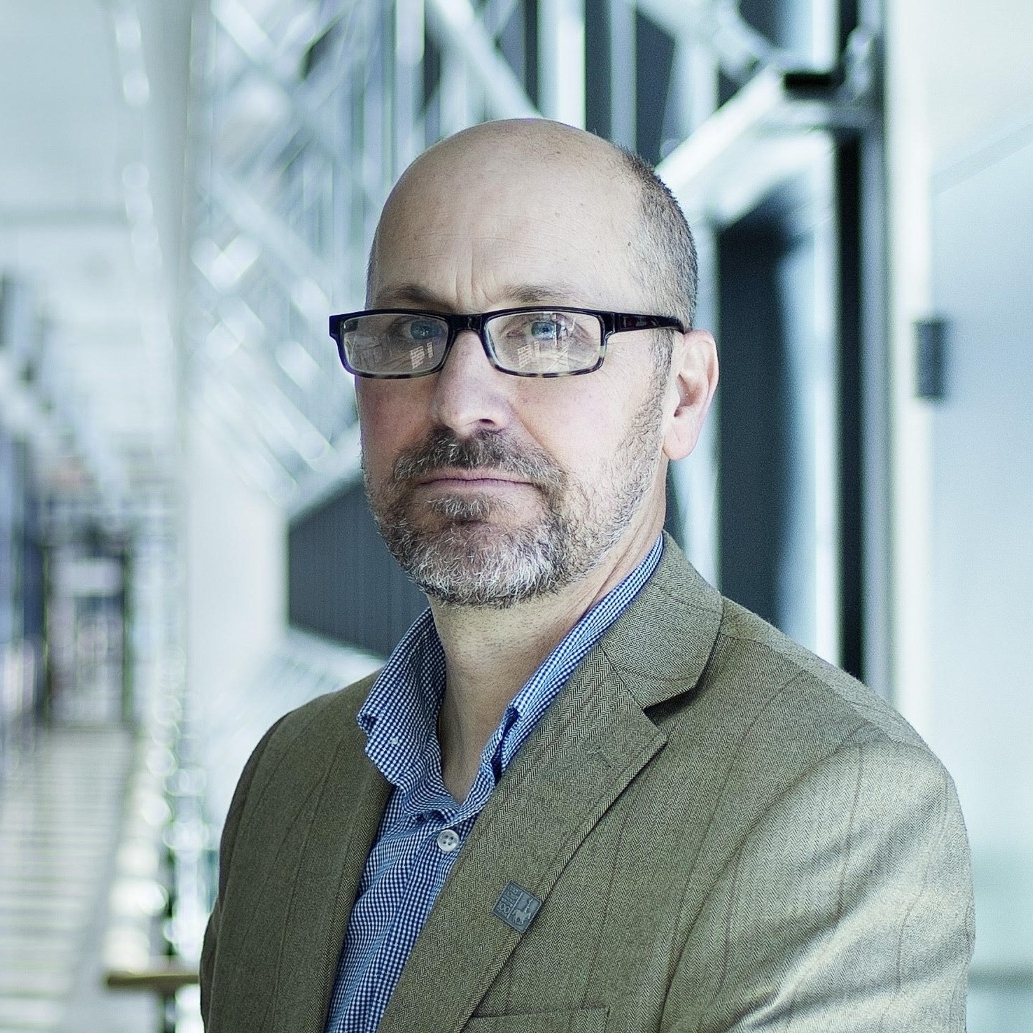As RCMP chief psychologist, Norman Shields helps treat the trauma of Canada’s crime fighters
 “I have to remind them to set aside their stoicism and unpack the experiences and emotions they go through so they don’t feel too overwhelmed,” says Norman Shields of his work with RCMP officers and employees.
“I have to remind them to set aside their stoicism and unpack the experiences and emotions they go through so they don’t feel too overwhelmed,” says Norman Shields of his work with RCMP officers and employees.
While he may not wear a badge, Norman Shields, BA 93, MA 96, PhD 04, is working to help fight crime in Canada.
As the national chief psychologist for the Royal Canadian Mounted Police (RCMP), Shields is protecting our protectors by assessing officers who may have PTSD or face on-the-job anxiety.
First working as divisional psychologist for RCMP Quebec before promoting to a national position, the Montreal-based Concordia grad frequently meets with RCMP officers and employees who endure harrowing interactions and confrontations, including in domestic abuse or child-exploitation cases.
“What uniformed services — which include first responders and ambulance technicians — have in common is they are part of a unique culture where they are often more concerned about you than themselves,” says Shields. “They are constantly serving the public, but I have to remind them to set aside their stoicism and unpack the experiences and emotions they go through so they don’t feel too overwhelmed.”
Shields is indispensable in assisting officers through traumatic events, especially those in high-risk roles.
Human psychology and behaviour have been core to Shields’ sense of purpose since he was a teenager, even if back then, the interest was expressed in a more elementary form.
“What resonated with me in class was the concept of human behaviour and reasoning,” he recalls. “When I was reading a book, I needed to know why I was reading it and why it mattered to me, and I now realize I was grappling as a kid with the concept of external ability. That’s what struck a chord with me.”
From academia at Concordia to treating addiction
Shields enrolled at Concordia to study psychology primarily because he loved living in Montreal and had no desire to leave the city. The city’s many research opportunities interested him, and Shields gravitated to learning more about addiction. His PhD focus tracked research on treatment outcomes for alcoholics and the factors that moderate the impact of post-treatment support.
His focus shifted once he became a full-time clinical psychologist and found a position at Pavillon Foster’s Alcohol and Drug Rehabilitation Centre in Saint-Philippe de La Prairie, Que. From 2001 to 2006, Shields diagnosed and treated adult gamblers, a condition that didn’t stray from his work with drug and alcohol abuse.
“What substance-use disorder has in common with problem gambling is the misconception that it’s due to a character flaw or weakness,” he says, “but I was able to be open enough to understand how strong the reward pathway region is in the brain.”
When a neighbour told him about a job posting at Ste. Anne’s Veterans Hospital in Sainte-Anne-de-Bellevue, Shields applied and got the job. “In a weird way, it was like coming home, because I heard from my mother that her father who worked at Ste. Anne’s as a case manager, and he was a war veteran who helped his peers get benefits. It felt right to be walking along those halls.”
Spending 10 years at the hospital gave Shields an opportunity to be embedded within the health-care system for the federal government, which segued into his next position as a psychologist for the RCMP, with Shields returning to Montreal to work out of its headquarters in the city.
He describes his career trajectory as a logical progression in terms of the care he provides to patients. “At first, I looked at people dealing with addiction and then those who faced serious gambling problems and mental-health issues, and now I’m trying to work with people to provide psychological safety for them, and to do what I can to help them before any problems begin.”
When Shields looks back at what he valued about his time at Concordia, he underscores the “rigor of research and how it can be applied to what I was studying, which at that time was alcoholism” but he also highlights a key relationship that blossomed at the school: he got to know his future wife, Trina Marie Pompeo, BA 94, in the psychology department, whom he met prior to attending Concordia.
“She didn’t pursue therapy but instead ran a home daycare while I completed my graduate studies,” Shield says. “She took a break to raise our four kids and has been working as an elementary school integration aide for the past 10 years. The kids and staff love her. Then again, who wouldn’t?”

